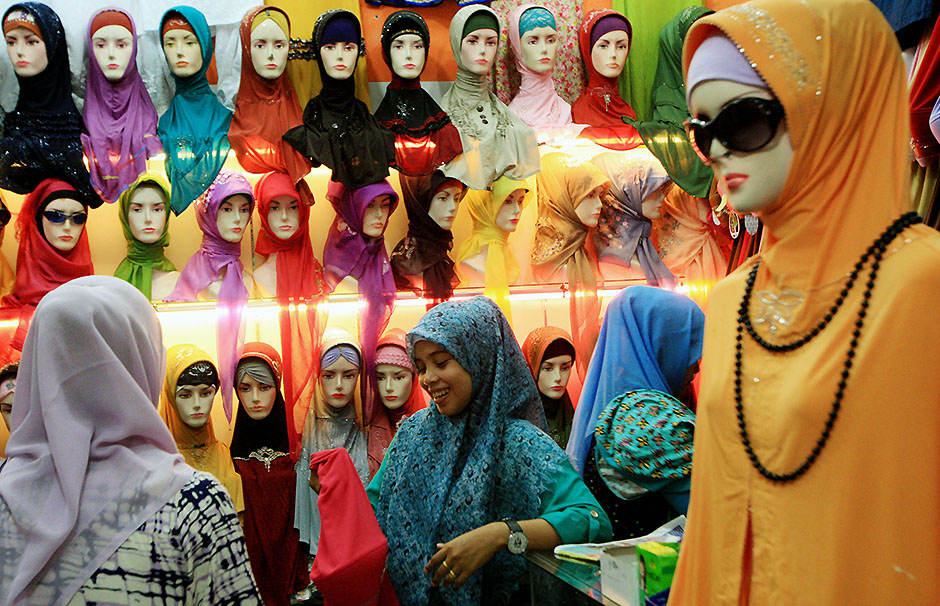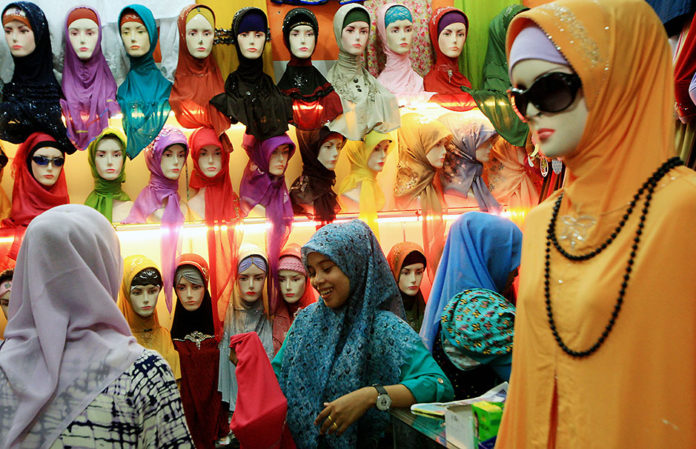AROUND one in three business owners in Vietnam is a woman according to a new study, one of the highest rates in the world.
The Mastercard Index of Women Entrepreneurs (MIWE) 2018 compared the rates of female ownership of companies across a range of global economies, as well as assessing economies for how conducive they are to women’s entrepreneurship.
It found that 31.3 percent of businesses in Vietnam were found to be owned by women, only slightly less than in New Zealand (33 percent) and Australia (32.1 percent). By comparison, 25 percent of businesses in the United Kingdom were female-owned.
SEE ALSO: Women, ethnic minorities most likely to lose jobs to robots
Along with Ghana, Uganda and Bangladesh, Vietnam had one of the highest rates of women business ownership in the world. The report’s authors noted that these are “less wealthy, factor-driven markets where women are driven to businesses out of necessity/need to survive”.
Vietnamese women primarily own “less-technologically intensive, microscale businesses.” Interestingly, female business leaders in Vietnam were found to be less accepted than in most Asian markets including Indonesia, the Philippines, Thailand, Malaysia and Hong Kong.
Elsewhere in the region, Singaporean women were also found to be active in business with 27.5 percent of that country’s businesses having female owners, followed by 25.2 percent in Thailand and 23.9 percent in the Philippines.

Muslim women browse for headscarves at a market in Banda Aceh, Aceh province, Indonesia. Source: AP
The MIWE authors noted that Vietnam and the Philippines are testament to the fact that “women’s advancement as entrepreneurs is not necessarily tied to the wealth and levels of development in their economies.”
China had a higher rate of women’s business ownership (23.1 percent) when compared with Taiwan (20.1 percent). In Japan, Indonesia and Malaysia roughly 16 percent of businesses were owned by women, with an even lower rate in India of 11 percent.
SEE ALSO: Is it dangerous to be a woman in Duterte’s Philippines?
MIWE noted that Indonesia has similarly high rates of financial inclusion and tertiary enrolment of women to Vietnam and the Philippines, however that this was not translating into business ownership.
Across Asia, continuing barriers to women’s entrepreneurship stem mainly from gender bias, including a lack of social or cultural acceptance, as well as access to resources such as finance, capital, training and development.
Other non-discriminatory barriers include inefficient governance or poor support for SMEs.





